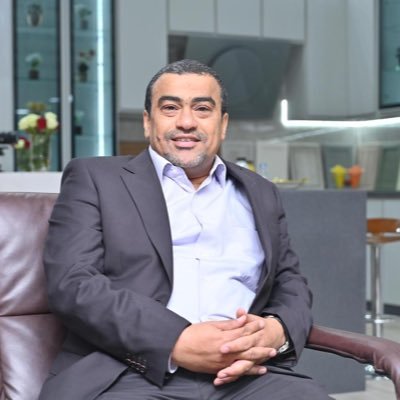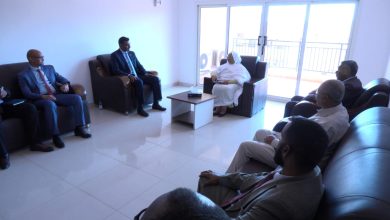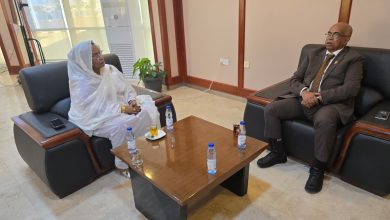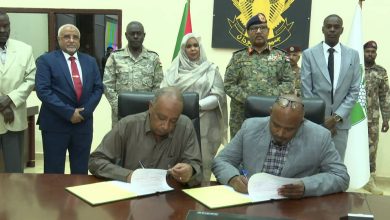Economic
Implications of the Economic Conference Amid War

By Dr. Haitham Mohamed Fathi
The government is striving to find a way out of the economic crisis after the war has inflicted severe losses on Sudan’s economy. An economic conference may offer an opportunity to revive the Sudanese economy. Since the outbreak of the war, Sudan has experienced a decline in development levels, weakened developmental capacities, a shortage of local resources, a severe imbalance in the production structure of the economy, a decline in investment rates, and an exodus of both domestic and foreign capital. Consequently, development efforts have halted, and reliance on imports has increased.
Given these outcomes, the quickest solutions for Sudan’s economy during the ongoing war would either involve securing consistent external support from friendly or allied countries and international financial organizations or relying on safe zones by developing production plans and containing the war within a very limited scope.
One of the key dimensions of the government’s organization of the economic conference is its aim to address the imbalances in the economy, productivity, and financial and monetary policies caused by the ongoing war since April 2023 in multiple regions, particularly in the country’s most productive areas. Therefore, the government is exploring alternatives. The economy thrives on alternatives when pre-war financial resources are no longer available. Accordingly, the Ministry of Finance is looking to identify sectors capable of generating revenue to fund wages, electricity, public services, road maintenance, healthcare, and education.
It is crucial for the conference to develop plans to ensure the continuity, stability, and sustainability of providing goods, services, and infrastructure for citizens under the current circumstances. The government must address this situation through a package of measures and policies that may emerge as recommendations from the conference, some of which will reflect reactive strategies to address current events.
Additionally, the government needs to draft a range of scenarios that can be adjusted continuously in response to the evolving political and security landscape. Sudan has significantly increased its defense and armament expenditures, allocating a large portion of its budget to military and security spending. This shift necessitates cost-cutting in other sectors and redirecting part of the budget to internal security needs, such as preparing shelters, emergency health services, and addressing security gaps and food shortages. This means ensuring essential food and healthcare needs for the population during the current war through a robust strategic reserve.
Currently, Sudan’s economy is grappling with a public budget imbalance, marked by a significant revenue shortfall and rising public expenditure, leading to a growing budget deficit. This has coincided with substantial imbalances in the balance of payments and trade, alongside structural deficiencies in state management and weakened governance.
In my view, the conference represents a serious attempt to rebuild Sudan, its institutions, and its infrastructure, while laying down recovery plans to address these extraordinary circumstances.



